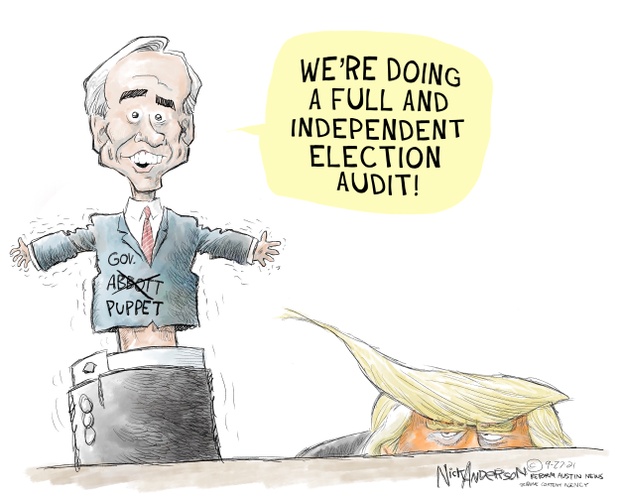“Congress shall make no law respecting an establishment of religion, or prohibiting the free exercise thereof; or abridging the freedom of speech, or of the press; or the right of the people peaceably to assemble, and to petition the Government for a redress of grievances.” — First Amendment
Lately it seems that we get to complain about obvious things. I enjoy discussing things that aren’t that obvious. It stretches the brain to have to consider multiple points of the view. The recent breach of the conservative social network Epik brings this kind of debate to life.
This kind of discussion always begins with the first amendment. I included the verbiage above because it is one of the most misunderstood amendments in the constitution. Too many people seem to think it means you get to say whatever you want without consequences. That has never been the case and the folks discovered in the Epik breach are learning this the hard way.
In particular, this story came to a head when a Florida realtor was fired because of his social media presence. In essence he had set up numerous domains with controversial content. The end result is a classic case pitting someone’s misunderstood free speech rights against a business’s rights to have people they want to represent their product.
All that being said, the bolded portion of the first amendment is the key part in this case. The whole idea behind sites like Parlor and Epik was that people wanted a “safe space” to air their grievances. They knew they couldn’t regurgitate their bile in public, so they were seeking a private place where they wouldn’t get in trouble.
The operative word there is the right to PEACEABLY assemble. The trouble with these right wing sites is that they don’t seem to peaceably do anything. Sites like these are where a lot of the January 6th actors coordinated their efforts. Again, they are mistaking the nature of the freedom. Congress cannot outlaw people from meeting in groups as long as the meeting itself is not against the law or that those groups break the law during their meeting.
A classic example of this scenario might involve NAMBLA. As most people know, this is an organization of pedophiles. If they describe their love for pedophilia they technically aren’t breaking any laws at the meeting itself. If they exchange pictures or any other materials then they would be. The question is whether the government has the right to identify who is at this gathering in the first place.
These are all interesting questions given that all of these groups know full well that the majority of the population does not accept the validity of their point of view. So, individuals avoid voicing unpopular opinions because they understand the fallout. They join private groups in the hopes that they can voice their true feelings without facing direct consequences.
The difficulty here is that these are not groups just idly sitting around and talking about how much they hate black people (or any other group). Such a group would be reprehensible, but basically harmless. What creates this issue is that some people in the group (or even most in some cases) are using the assumed anonymity to plan actions that are obviously dangerous and against the law.
Moreover, while we have the right to free speech, we do not have the right to social media. We do not have the right to amplification. Anyone is free to set up social media with their own terms of service, but we can also be judged for what happens on those forums. It’s not cut and dried and it’s never easy. I can sympathize with someone hoping to keep their views private, but if a group is planning the next insurrection then that right to privacy should go out the window.
